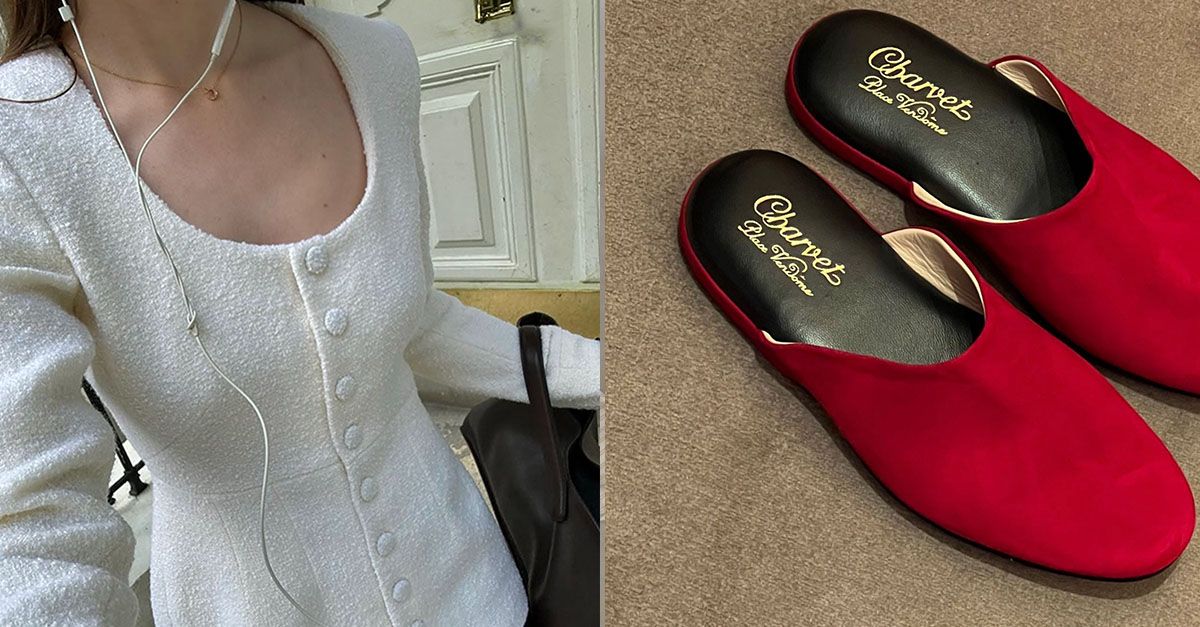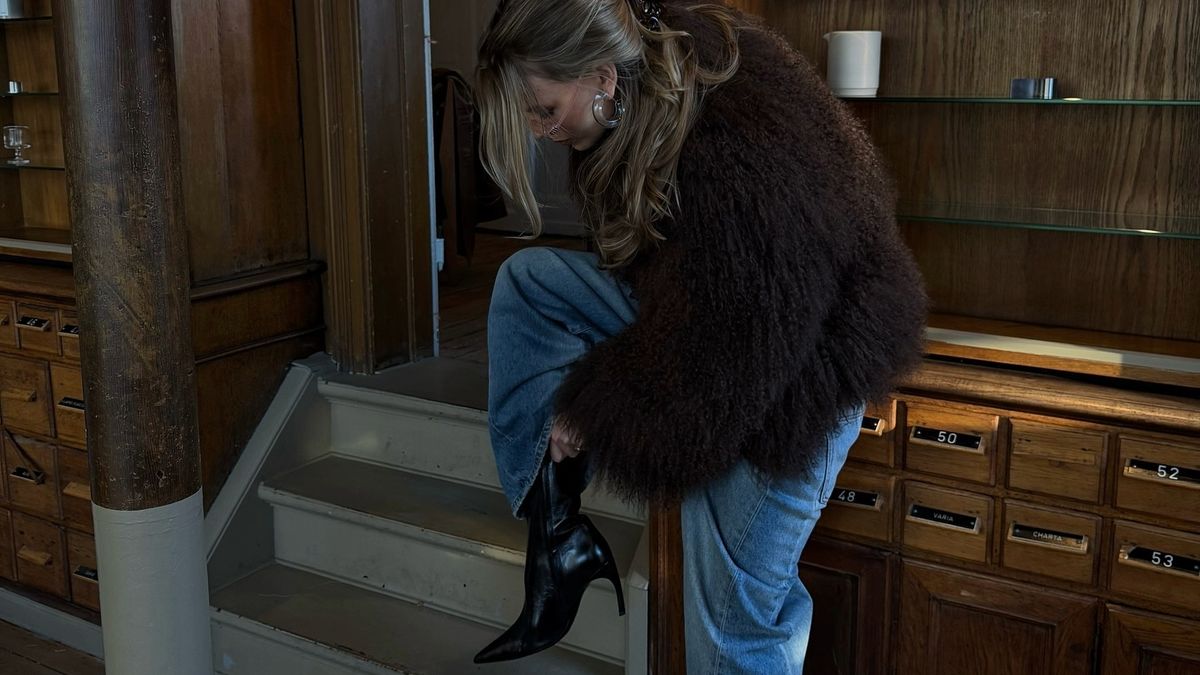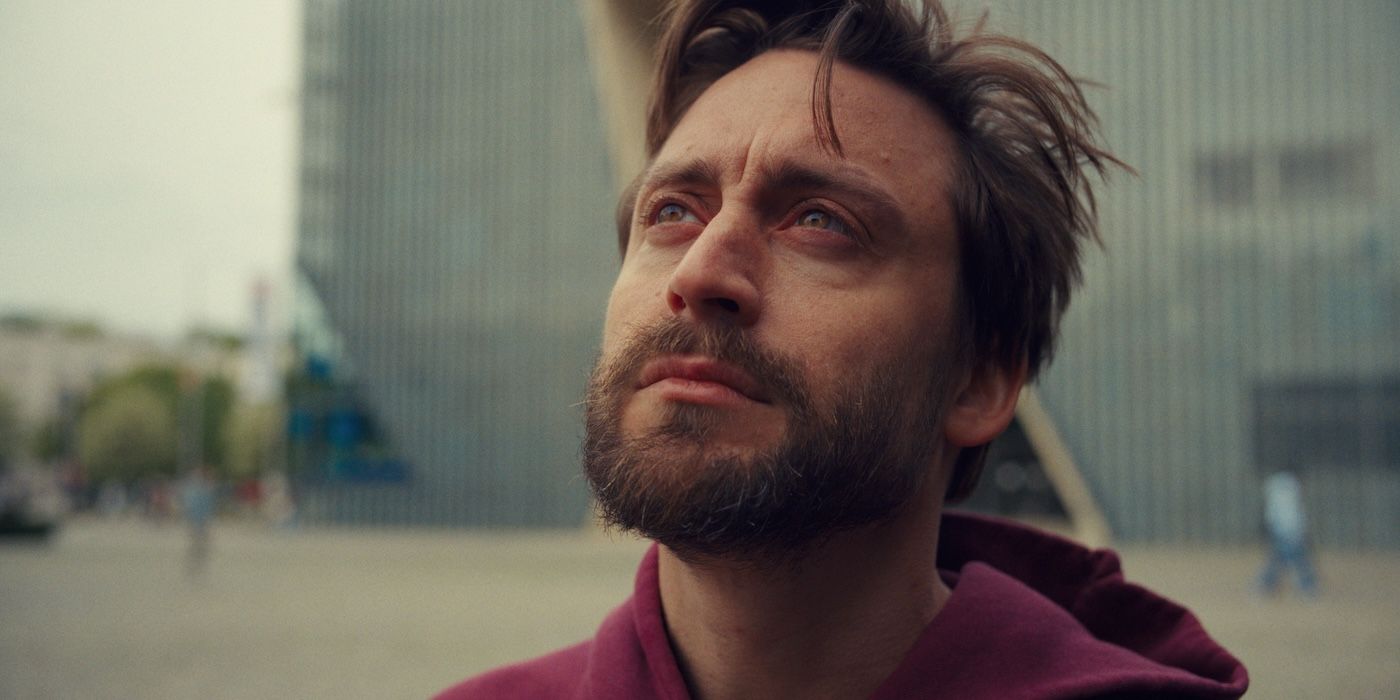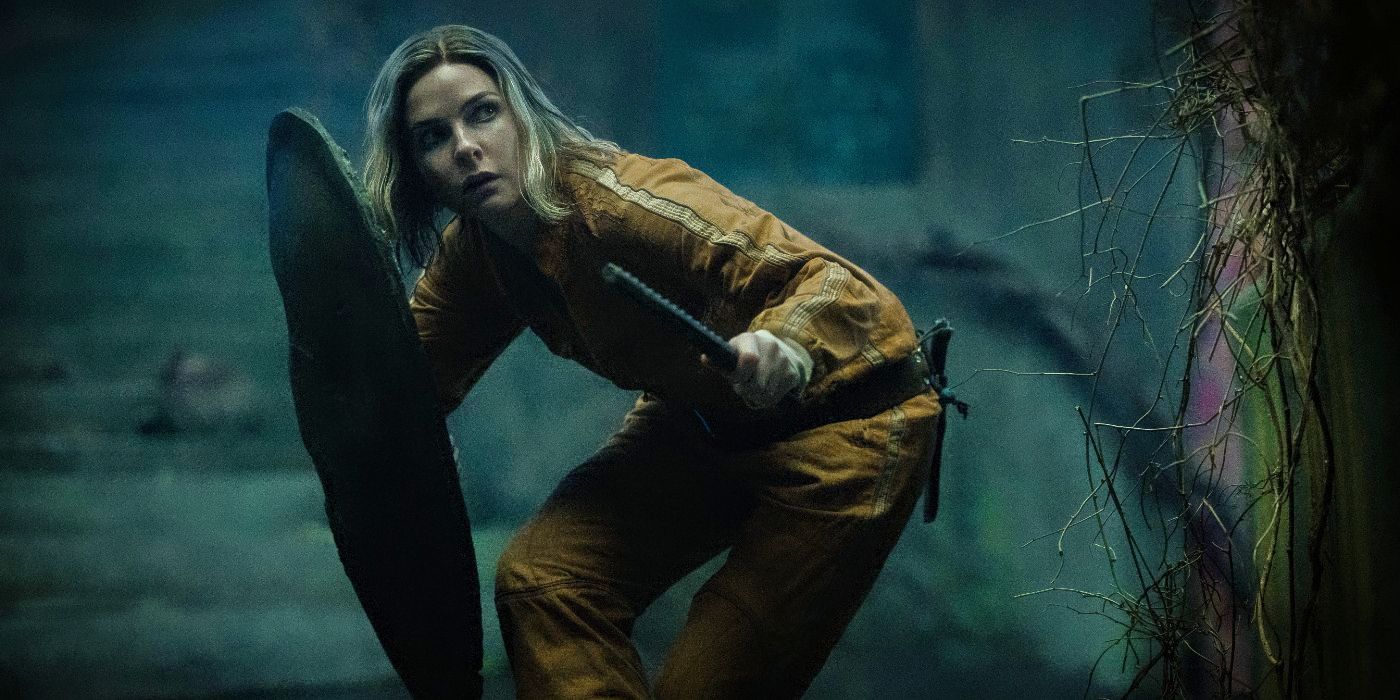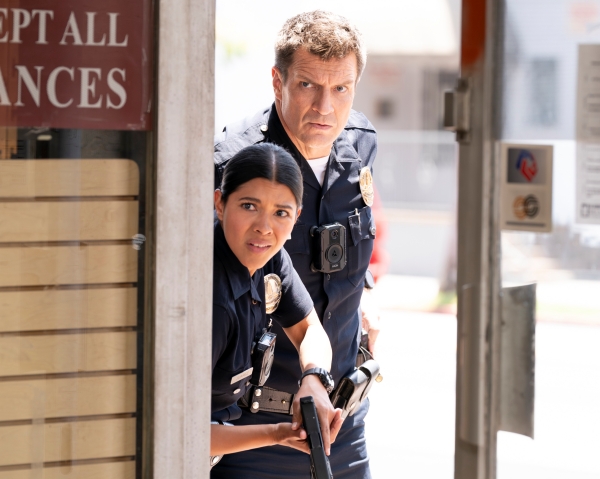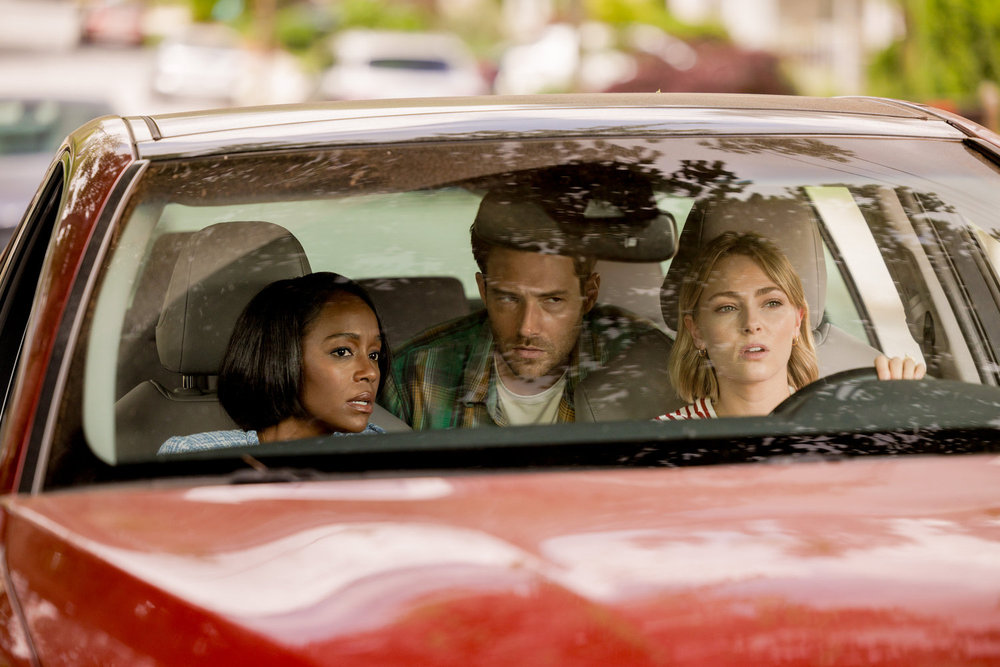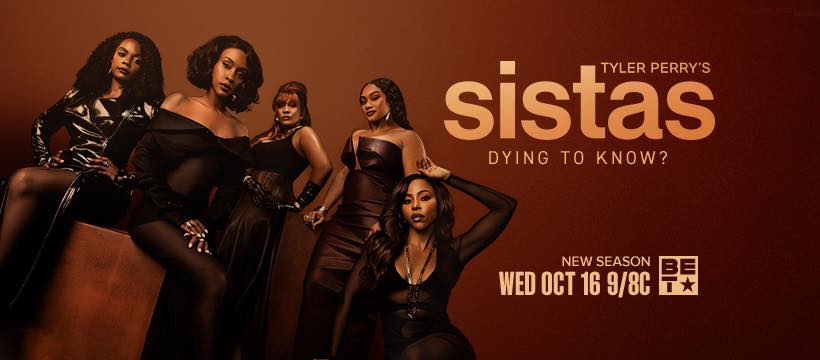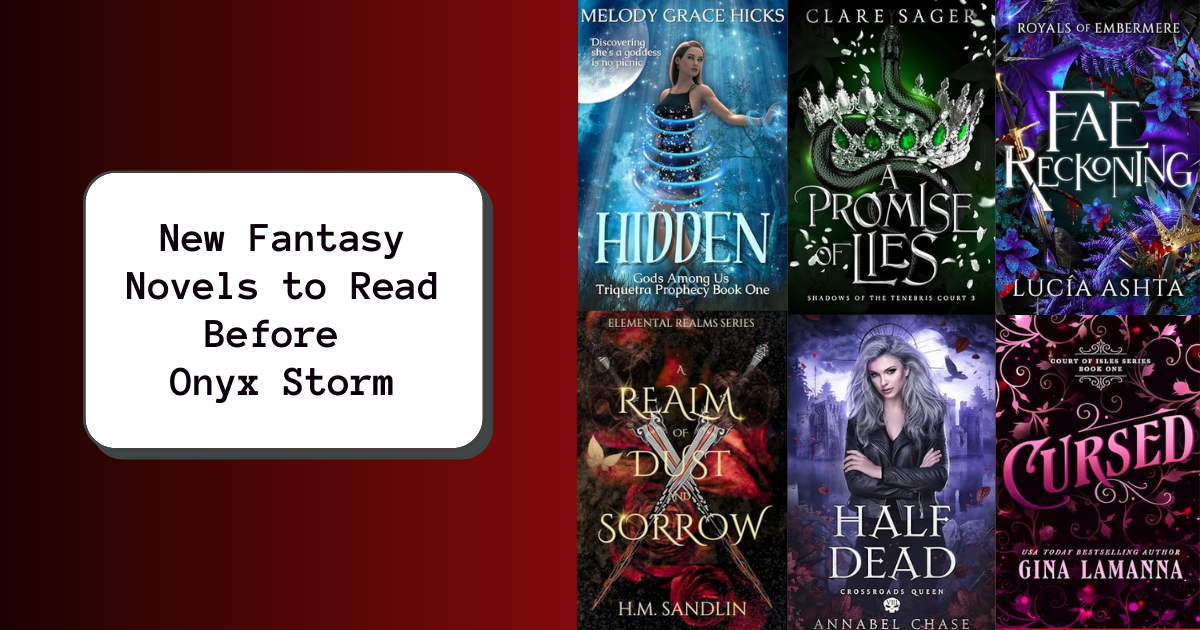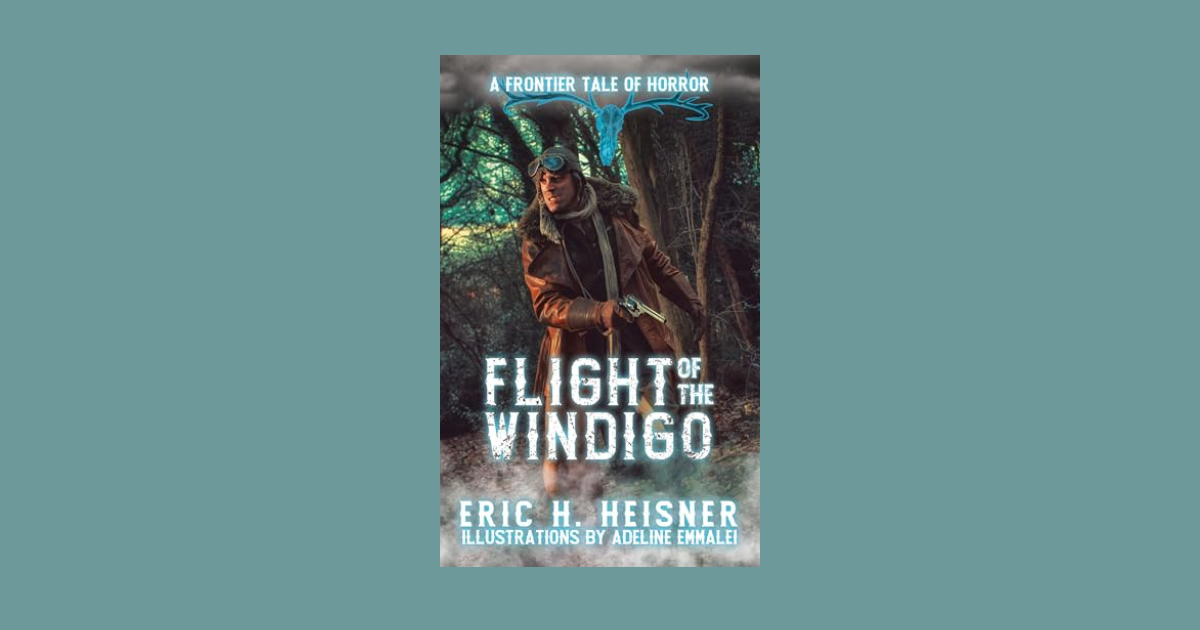
Three principal characters move Perišić’s loping tale. The first is Miu, a cat, which, like all cats, “does not know the difference between a palace and a neglected yard.” The second is young Kalia, a son of Sparta’s sole colony, who, in another colony, finds himself enslaved. The third is a persistent wind, which explains, “I’m not an ordinary spirit, the way people imagine—a person’s ghost or some such thing—but I am from a family of wind spirits, dragged from the upper parts of the atmosphere by some dramatic events.” Floating back and forth among contending Carthaginians and Syracusans, the wind comments on the ways of the world even as humans, with all their vain wishes, find new ways to invite the gods’ wrath. The obnoxious child of Kalia’s owner tries to torture Miu, ordering Kalia to perform the most savage of acts, bellowing, “I am her master and she needs to love me. She needs to hate you!” It doesn’t work on animals, animal behavior being one of the wind’s chief topics. It certainly doesn’t work on Kalia, who rebels, stealing away to yet another colony far up the neck of the Adriatic Sea in what is reputed to be “the end of the world,” a place called Liburnia, modern Croatia. Perišić takes his time in pulling the threads of the story together, and in any event that story is less memorable than the delightful apothegms with which he adorns his prose. The wind always has the best lines—including, thousands of years after Kalia’s time, while looking down at an alley cat that may well be a descendant of Miu’s, a wistful reminder that she (our wind is a female) needs to find balance lest she go crazy pondering the ways of humans: “That would not be good for the climate. Everything is quite wobbly already.”

























